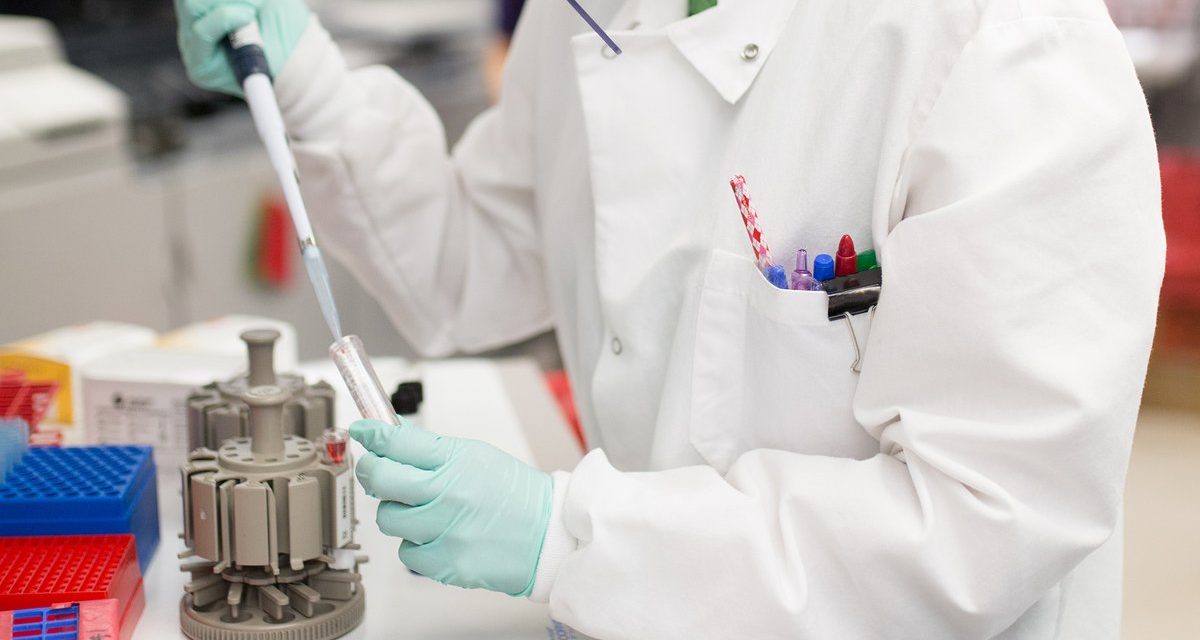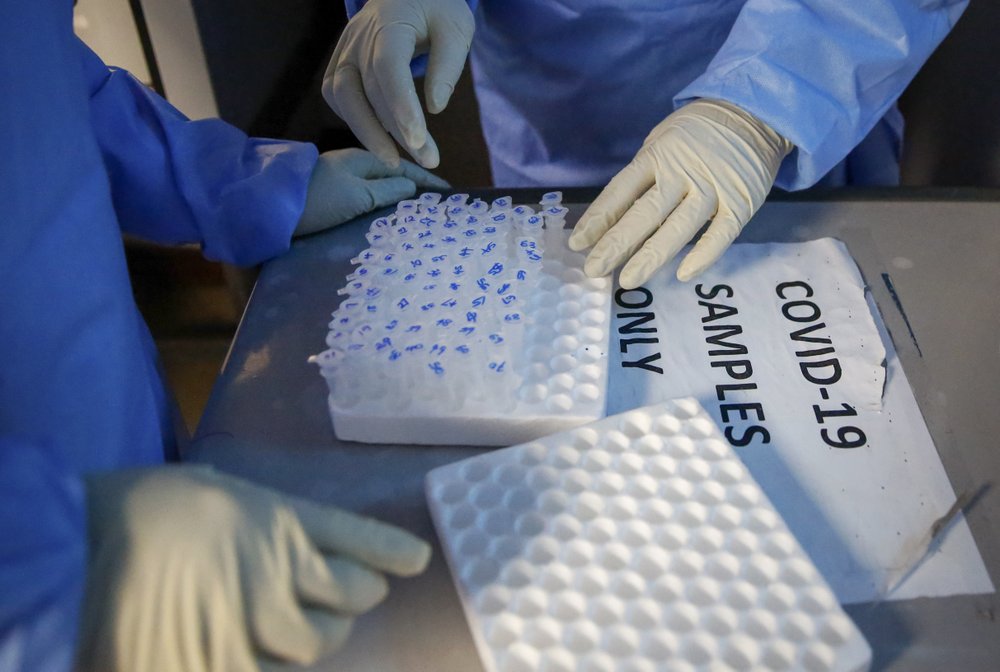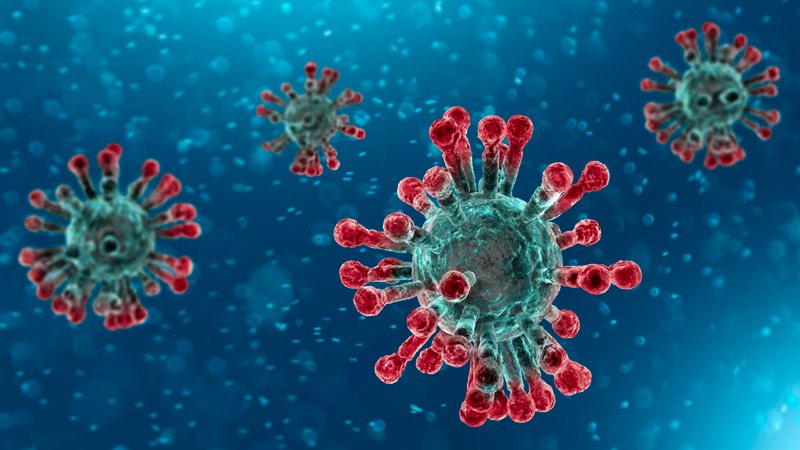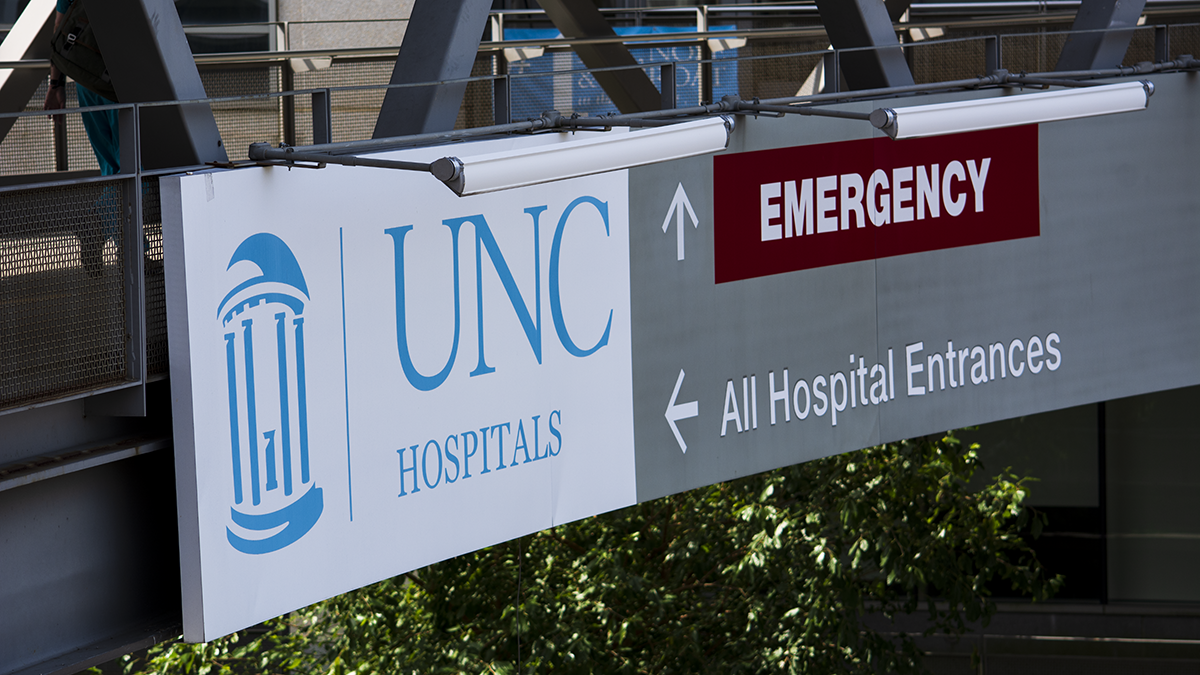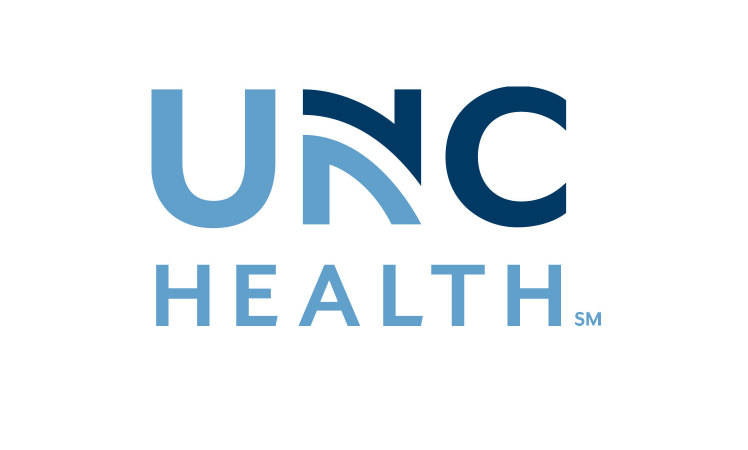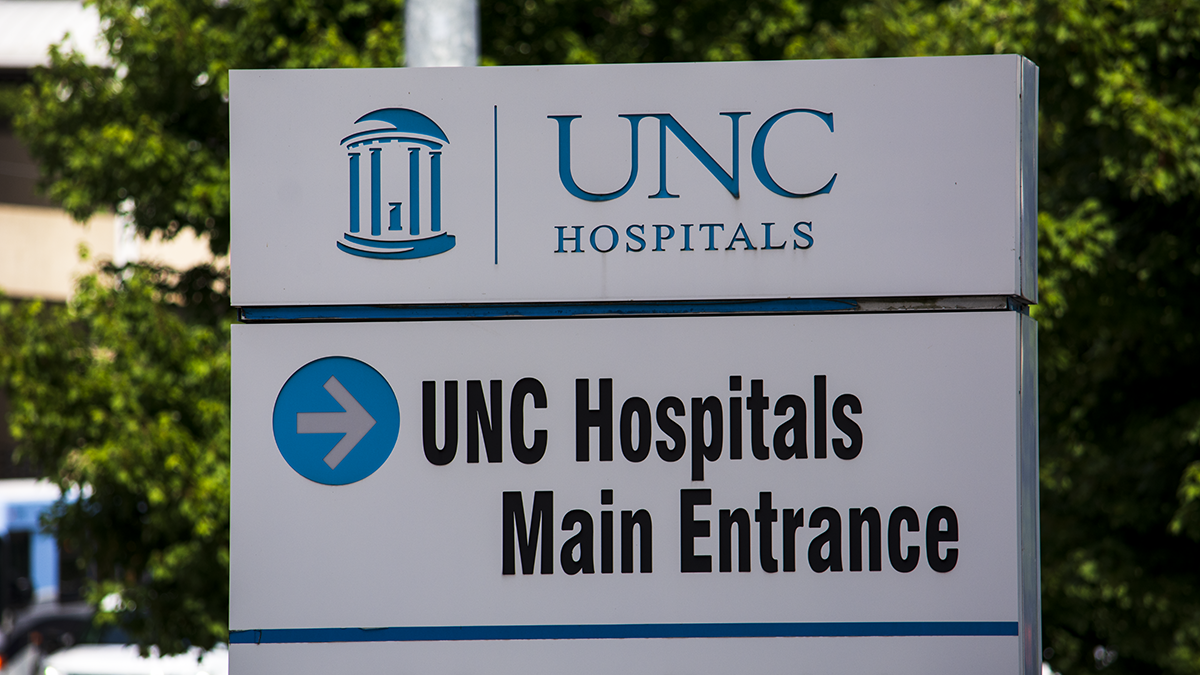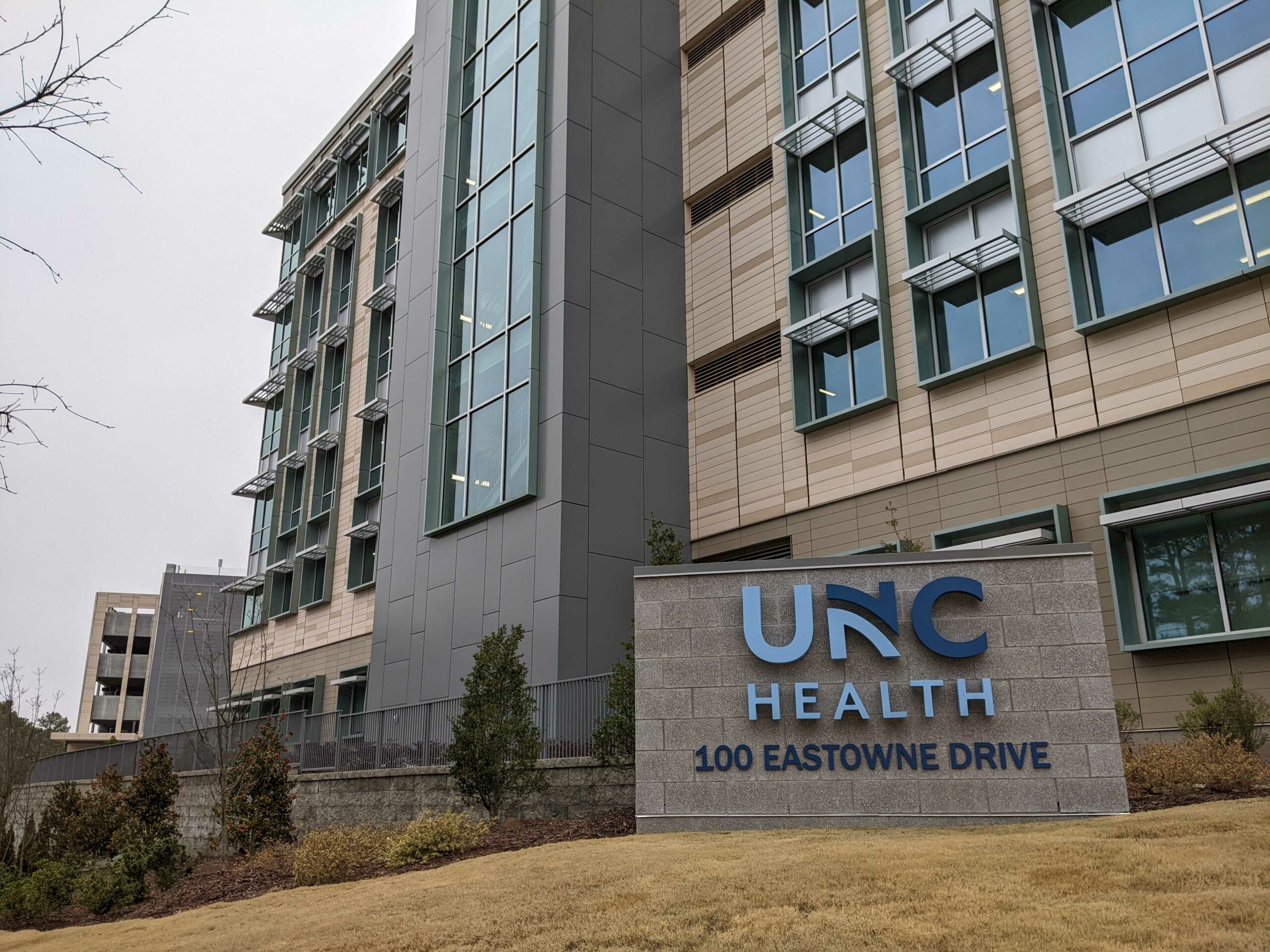In the very early stages of the pandemic, a team at UNC Health developed deployable tests for COVID-19 at a time when there were extreme limitations on testing availability.
Now, as healthcare facilities across the nation continue to face supply shortages, UNC Medical Center has the capacity to do about 2,000 COVID-19 tests a day – but they haven’t hit their goal yet.
Dr. Melissa Miller is a Professor of Pathology and Laboratory Medicine at the UNC’s School of Medicine. She is also the Director of the Clinical Microbiology and Molecular Microbiology Laboratories for UNC Health Care and received her Ph.D. in Molecular Biology from Princeton University.
Miller said healthcare facilities across the nation are struggling to come up with enough testing materials, and when they are able to garner enough supplies, problems arise with maintaining the level of supplies and testing kits to keep up with the demand.
To combat this shortage of supplies, Miller said the UNC Medical Center has implemented four different tests for detecting the RNA in COVID-19.
“This is not normal,” Miller said. “So most of our infectious disease testing for a particular virus or bacterium we have one test – at the most we might have two for different reasons. But, to have four tests to really be doing the same thing tells you the level of capacity that we’re building. It also tells you that we needed to diversify in order to keep testing going when there were reagent shortages.”
When referring to supply agent troubles, Miller said every week they are short of something different. While initially there was a shortage of swabs, now that UNC Health has worked to stockpile those materials, they are concerned about having enough testing reagents.
A reagent is a substance or compound added to a system to cause a chemical reaction or, in this case, added to a test to see if a reaction occurs.
Miller said there have been nationwide shortages of these various reagents for all four of UNC Health’s tests. Not to mention, the one commercial test that the UNC Medical Center uses – which allows UNC Health to have a high capacity for testing – is completely reliant on one manufacturer.
“So if there are issues with quality control of a particular lot of reagents that doesn’t pass, then everyone in the country is going to experience shortages with that,” Miller said.
Miller said material and testing shortages might arise for a variety of reasons. Some of these reasons might stem from companies only having a certain number of production lines, having a hard time getting raw materials, or having to balance COVID testing production while still producing for other diagnostic tests – like testing for cancer.
“There are still other diseases going on that we need to diagnose and test so they can’t shut down all the manufacturing lines just to produce COVID-based tests,” Miller said. “So, that balance becomes very difficult when you have to really ramp up production of one specific line and you only have a certain number of production lines. There’s physically only so much you can make in a day.”
While UNC Medical Center has the current capacity to do about 2,000 COVID-19 tests per day, Miller said they are not quite at that capacity yet. An average day last week was about 1,300 completed tests.
This testing includes asymptomatic testing, or the testing of regular patients upon admission to the hospital and prior to scheduled procedures, as well as symptomatic patients.
By the middle of August, Miller hopes to have a capacity of about 3,000 tests per day at the UNC Medical Center. UNC REX Hospital is also working up to having an additional 1,000 tests per day to help support testing in the Triangle.
Miller said if we are to learn anything from this pandemic, it’s to not make the same mistakes twice, but rather to use this experience to create a better strategy moving forward. That will mean continuing to hire more staff, purchasing additional equipment and taking care of everyone’s mental health – whether they are a frontline worker or a community member doing their part to stay home and flatten the curve.
“We’ve all said from the beginning that this is a marathon, not a sprint – but I do feel like we’ve been running the marathon at a sprint pace – and we’re getting really tired,” Miller said. “So as we have the next outbreak, whether it’s as large as this pandemic or not, we can use what the failures were during this time to inform us going forward.”
Photo courtesy of UNC Health.
Chapelboro.com does not charge subscription fees. You can support local journalism and our mission to serve the community. Contribute today – every single dollar matters.

